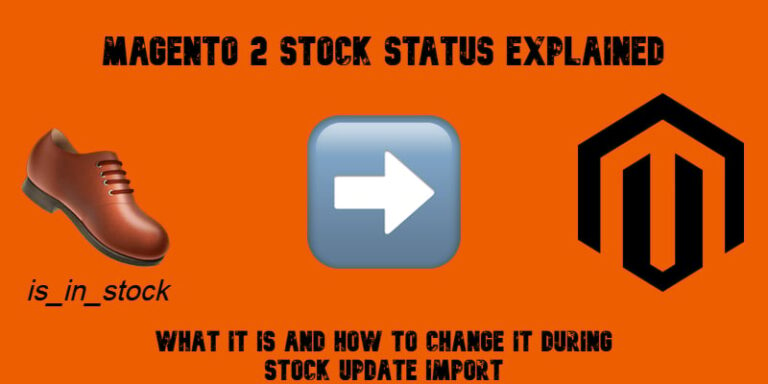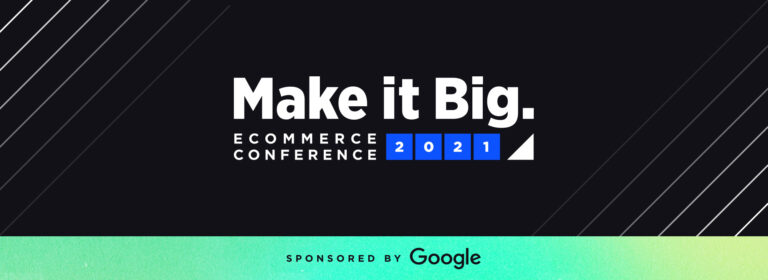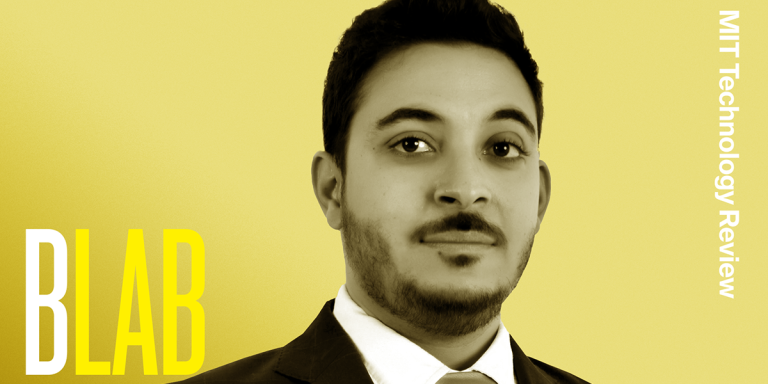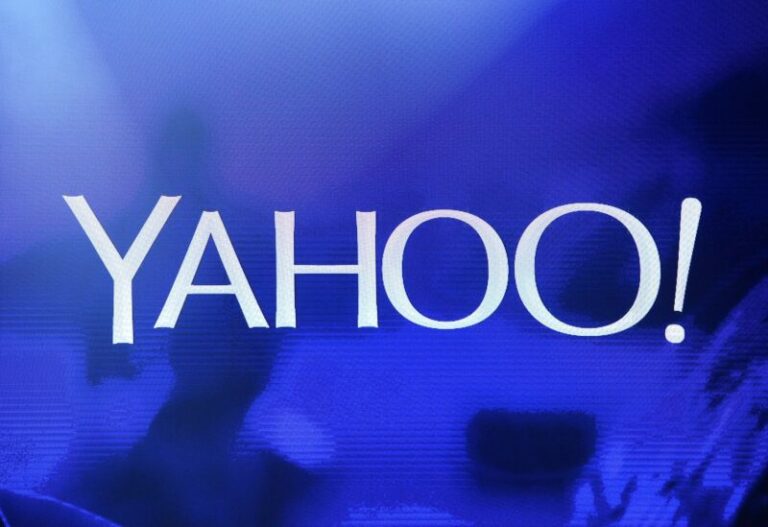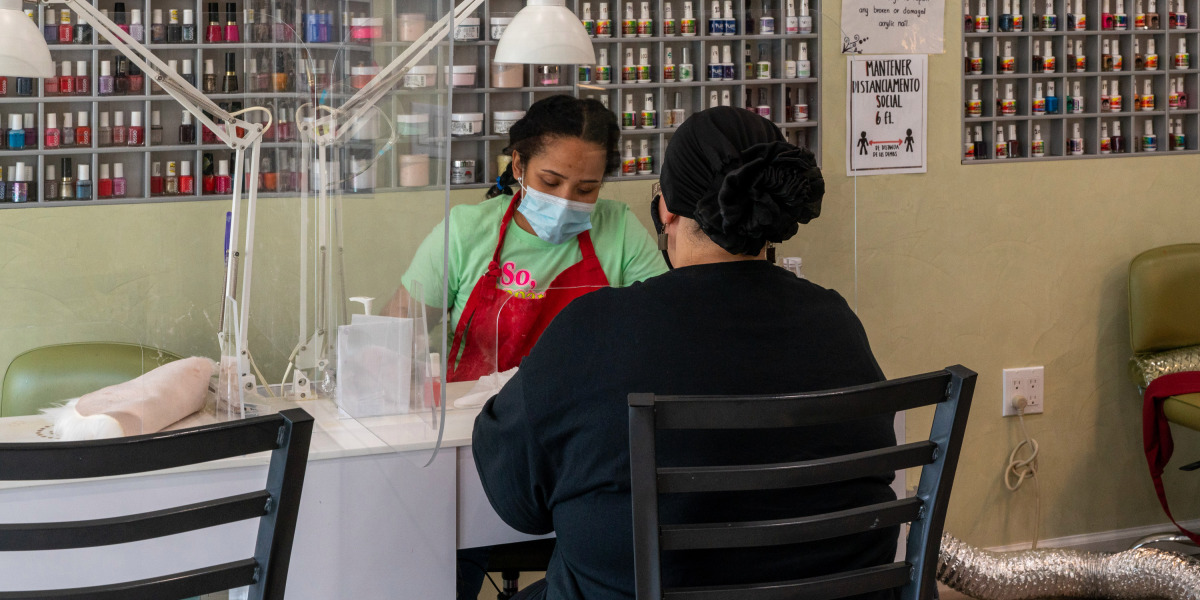
All those stresses are adding up. Tony Nguyen, program coordinator at the California Healthy Nail Salon Collaborative, says back rent is mounting and jobs are fewer. Older women, in particular, are worried they won’t get called back to work. Others are concerned that they won’t have the option to say no, even if they feel unsafe because they are unvaccinated.
“[There are] people who are going back to work because they went into massive amounts of debt,” says Prarthana Gurung, campaigns and communications manager for Adhikaar, a nonprofit working with Nepali-speaking nail salon staff in New York. “Who say, ‘I have to go back to work—I have no choice. I have to feed my kids.’”
Safety is not a theoretical concern. “You’ll be there for eight or 10 hours, working,” says Nguyen. “Some of the customers don’t like to wear their masks.”
He says these painful choices also affect owners, who may be forced to close their doors.
“They don’t see the future,” he says.
Barriers to accessing aid
When nail salons were closed, most workers lost even the option to risk illness for a paycheck. “Immediately once lockdown happened, you had an entire industry go [to] 100% unemployment,” Gurung says.
Some workers qualified for government covid aid, but first they had to access a website and sign up online. Those kinds of tasks were “near impossible” for some nail technicians in New York, Gurung says, because of limited literacy and digital skills, or because they speak languages that are less common in the US. Adhikaar serves workers from Nepal, Tibet, India, and elsewhere.
“There was a really big gap in terms of information,” Gurung says, “and people weren’t getting resources on time, or weren’t realizing what benefits that they could get.”
Precarious immigration status has made financial support even harder to tap into. Many New York nail salon workers are undocumented in the US, meaning they don’t qualify for stimulus checks, unemployment insurance, and other aid. The NY Nail Salon Workers Association, part of the union Workers United, surveyed over 1,000 members, most of them Latina, and found that more than 81% said they were excluded from government help during the pandemic.
Low priority
Nail salon technicians, along with other personal care workers like those in barbershops and beauty salons, have spent months working in person, their faces often just inches from clients. Nevertheless, they weren’t prioritized for vaccines in New York, unlike grocery store workers, delivery drivers, or even the nonprofit employees who help provide services to nail salon workers. Many are just now becoming eligible as appointments open to more age groups.
But even with expanded eligibility, getting the doses to nail salon workers remains a challenge because of language barriers, technical hurdles, and more.
“In Nepali culture, we talk about the third eye opening. There’s a level of consciousness raising that really happened in the last nine months to a year.”
Prarthana Gurung, campaigns and communications manager for Adhikaar
“Getting our communities vaccinated is going to require a lot of effort, organization, and education,” Luis Gomez, organizing director of the Workers United NY/NJ Joint Board, which commissioned the study on nail salon worker infections, said in an email. “We need more local vaccination sites in the hardest-hit communities, direct outreach in peoples’ native languages, support around the vaccine appointment process, and meaningful education to combat vaccine misinformation.”
Despite promises of widespread availability, vaccines have been notoriously hard to come by for many in the US, especially for working-class people of color. Even though the share of white, Black, and Latino people wanting to get shots is similar, disparities in vaccination rates persist.
That gap urgently needs closing to prevent more serious illness and death. Araceli, who is a member of the Nail Salon Workers Association, is a single mother of two boys who rely on her income. Getting vaccinated would mean having a little more security and control over whether her job could jeopardize her life.
“As workers, we deserve to be considered ‘essential’ because we go to work just like any other person,” she says.
How workers are moving forward
To address these issues, New York lawmakers are hammering out the details of the Excluded Workers Fund, an ambitious plan that would provide unemployment benefits to those who didn’t previously qualify. Some workers are currently on a hunger strike, calling for state lawmakers to commit $3.5 billion to the fund. And advocates say nail industry workers could be better protected beyond the pandemic through legislation like the NY Hero Act and the Nail Salon Accountability Act.

